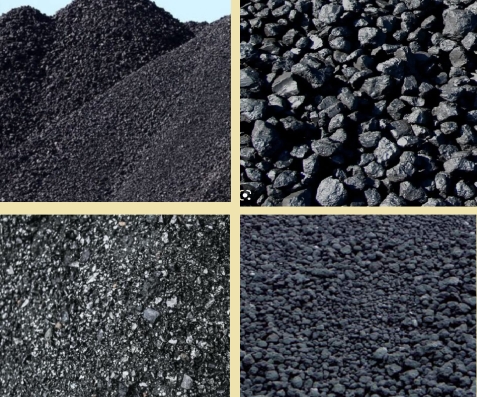
Calcined petroleum coke (CPC) is a high-purity carbon material produced by heating green petroleum coke to rid it of moisture, volatile matter, and impurities. It is widely used in the aluminum, steel, and titanium smelting industries, thanks to its superior conductivity properties and low impurity levels. This article delves into the specifications of calcined petroleum coke, its production process, and its various applications.
Green petroleum coke is an oil refining byproduct. It's produced when heavy crude oil undergoes various cracking processes to produce lighter hydrocarbon products such as gasoline, diesel, and jet fuel. The remaining residue, green petroleum coke, is a solid carbon-rich material used as feedstock for producing calcined petroleum coke.
The calcination process involves heating green petroleum coke in a rotary kiln or a vertical shaft calciner. The heating occurs at temperatures between 1200°C and 1350°C. This high-temperature treatment removes moisture, volatile matter, and impurities, leading to a high-purity carbon material with low content of sulfur, nitrogen, and hydrogen.
Fixed carbon content is a critical specification of calcined petroleum coke as it directly affects the material's conductivity and purity. High fixed carbon content indicates a higher degree of graphitization, resulting in better electrical conductivity. The fixed carbon content of high-quality calcined petroleum coke typically ranges between 98% and 99.5%.

Sulfur is an undesirable impurity in calcined petroleum coke as it can cause environmental pollution and corrosion in the smelting process. As such, the sulfur content in calcined petroleum coke should be as low as possible, typically below 1%. High-quality CPC can have sulfur content as low as 0.5% or even lower.
a higher degree of calcination and better quality CPC. The volatile matter content in high-quality calcined petroleum coke is usually below 0.5%.
Moisture content is another important specification of calcined petroleum coke. Excessive moisture can lead to handling issues and reduced performance in the smelting process. High-quality CPC typically has a moisture content of less than 0.5%.
The particle size distribution of calcined petroleum coke affects its packing density, porosity, and reactivity. The optimal particle size distribution depends on the specific application and requirements of the end-user. Generally, the particle size ranges from fine powder to larger granules, with the majority of particles falling between 25 and 80 microns.
Calcined petroleum coke is a key raw material in the production of aluminum. It is used as a carbon source in the aluminum smelting process, where it reacts with alumina to form aluminum and carbon dioxide. The high fixed carbon content and low impurity levels of CPC make it an ideal choice for this application.
In steel production, calcined petroleum coke is used as a source of carbon in electric arc furnaces and blast furnaces. It helps increase the carbon content of steel and improve its overall strength and quality. The low sulfur and nitrogen content of CPC also help minimize the formation of undesirable compounds during the steelmaking process.
Calcined petroleum coke is used as a reducing agent in the production of titanium dioxide, a widely used pigment in various industries. The high carbon content and low impurities of CPC make it an efficient and cost-effective choice for this application.
Calcined petroleum coke is also used in the production of other metals, such as silicon, nickel, and ferroalloys. Additionally, it serves as a raw material for producing graphite electrodes, carbon brushes, and carbon additives in various industries.
Calcined petroleum coke is a versatile and high-purity carbon material with a wide range of applications in the metal production and manufacturing industries. Its specifications, such as fixed carbon content, sulfur content, volatile matter, moisture content, and particle size distribution, play a crucial role in determining its suitability for various applications. By understanding these specifications, end-users can make informed decisions when selecting calcined petroleum coke for their specific needs.

Write a Message